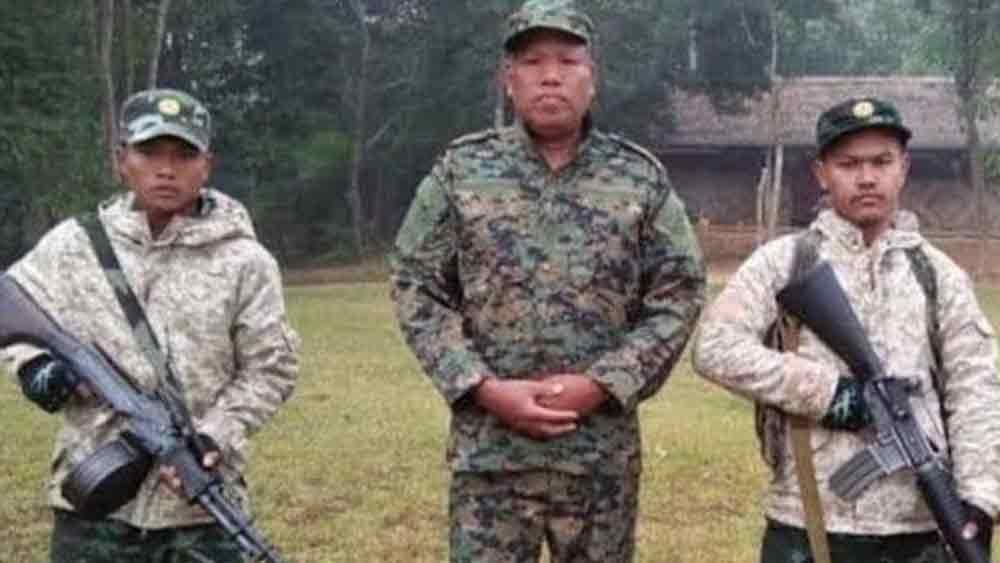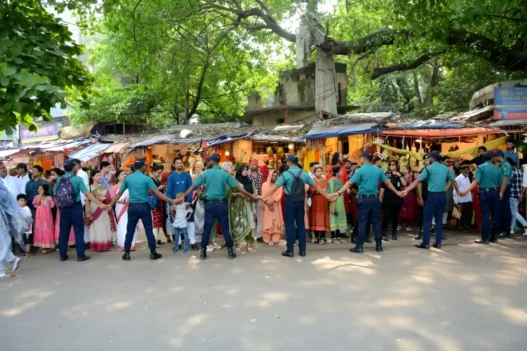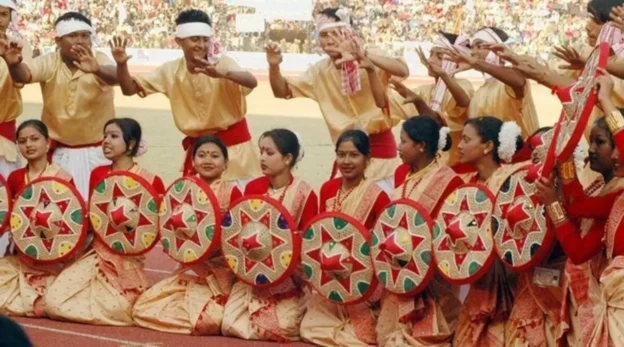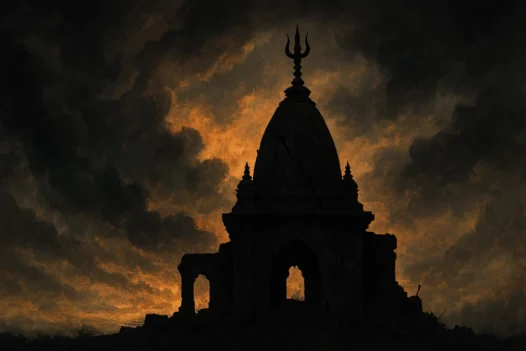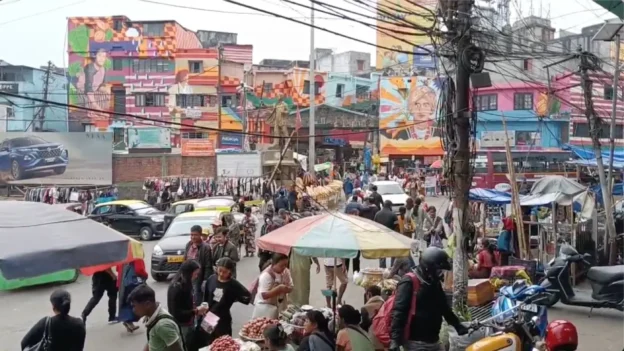Towards the end of 2022, the media, particularly in electronic outlets in Assam, was abuzz with news about the Chairperson of the banned militant outfit Kamatapur Liberation Organization (KLO), Jiban Singha Koch. Reports suggested that he was in the process of negotiating a peace treaty with the central government. There were indications that he might return from camps in Myanmar and surrender to Indian Authorities, showing willingness to participate in the peace process.
Parallel to this report, media houses in Assam built up a narrative using maps and graphs that centre is undoubtedly in the process of creating a separate state or at least a union territory named either Kamatapur or Koch Behar comprising Koch-Rajbanshi areas of West Bengal, Bihar, and Assam. Adding to the speculation, KLO released videos of Jiban Singha Koch, wherein he hinted at positive developments for the people of Koch-Kamata.
These events had a profound impact on the Koch community (also known as Rajbanshis and Koch-Rajbongshi) in both Bengal and Assam. Their demand for a separate Kamatapur or Koch Behar state had been ongoing since the 1990s. Civil society organizations like the Kamatapur Progressive Party and others, which had been advocating for this cause, became active once again during this period. Some of these organizations even traveled to Delhi to mobilize and manage the situation, assuming that once Jiban Singha Koch entered India, he would be taken directly to Delhi for talks.
The KLO was formed in December 1993 to champion the cause of a sovereign Kamatapur nation, encompassing areas of present-day North Bengal, which were historically part of the Koch Behar state. The indigenous Koch-Rajbanshi community had faced discrimination from immigrant Hindu Bengalis in their own homeland, resulting in the gradual loss of land, culture, and political rights, ultimately rendering them a minority in their own region.
As a result, they initiated a movement for self-determination in the 1980s. In the early 1990s, a group of students from the Koch-Rajbanshi community opted for armed struggle when the then Left-ruled Government of West Bengal responded brutally. Since the early 1990s until the present day, hundreds of Koch-Rajbanshi civilians have been tortured, jailed, and even killed in West Bengal. Under the rule of the Trinamool Congress (TMC), a new strategy to harm indigenous people in North Bengal involves violence during elections and in the aftermath.
KLO got its foothold in Assam around 2008, as the Koch-Rajbanshi Civil Society groups in Assam failed to bring any changes to the existing socio-political condition of the Koch-Rajbanshis.
After much speculation, on January 13, 2023, Jiban Singha Koch, along with nine other members of KLO, surrendered to security forces in the Longwa region of Mon district, Nagaland, near the Indo-Myanmar border. On the same day, Biswajit Rai, a member of the KLO-constituted group of peace negotiators, issued a media release stating that Jiban Singha Koch is prepared to hasten final talks on a separate Kamatapur state with the Centre.
Rai further mentioned in the media that on Republic Day, i.e., January 26, 2023, the Centre would make an announcement regarding the separate state. However, interestingly, nothing happened on January 26, and things went completely silent for months. Representatives of Civil Society Groups, who had been stationed in the capital, gradually returned to West Bengal and Assam within the last week of January as they realized that no concrete developments were happening in the coming days.
Is the government struggling to find a resolution to this cross-border conflict? It’s important to note that Jiban Singha is from West Bengal, while the other KLO cadres who accompanied him are from Assam. It’s worth mentioning that Kailash Koch (also known as Keshab Barman), the General Secretary of KLO, surrendered to the authorities in Kolkata, West Bengal.
Kailash, originally from Kokrajhar, Assam, appears to be under house arrest in Bengal, and unlike Jiban Singha Koch, he is not allowed to communicate with the outside world. After the Royal Bhutan Army’s crackdown on KLO during operation ‘All clear’ in 2003, Kailash took the initiative to reorganize KLO with cadres from Assam. The capture of one leader in Bengal and another in Assam has made the KLO peace process increasingly difficult as time goes on. The peace process concerning KLO and the Koch conflict, in general, is not as straightforward as some politicians may think.
Recently, two developments have added an intriguing dimension to the situation. Firstly, before the Panchayat Election in Bengal, Jiban Singha Koch was observed urging the Koch-Rajbanshi community to vote for the BJP in the upcoming Election. Secondly, Ananta Maharaja, a controversial self-styled godman from the Koch-Rajbanshi community and leader of the Greater Cooch Behar Peoples’ Association (GCPA), has been nominated as the Rajya Sabha candidate by the BJP in West Bengal. Both Jiban Singha Koch and Maharaja have significant followings in Bengal, and their alignment with the BJP is believed to be advantageous for the saffron party in the upcoming Lok Sabha election in West Bengal.
These incidents raise concerns that the BJP’s maneuvers, while seemingly aligned with the KLO-peace talk, may be driven by political calculations to secure their own interests in the upcoming elections. In this political game, either the BJP or TMC stands to benefit, but the Koch-Rajbanshi community may end up losing out.

